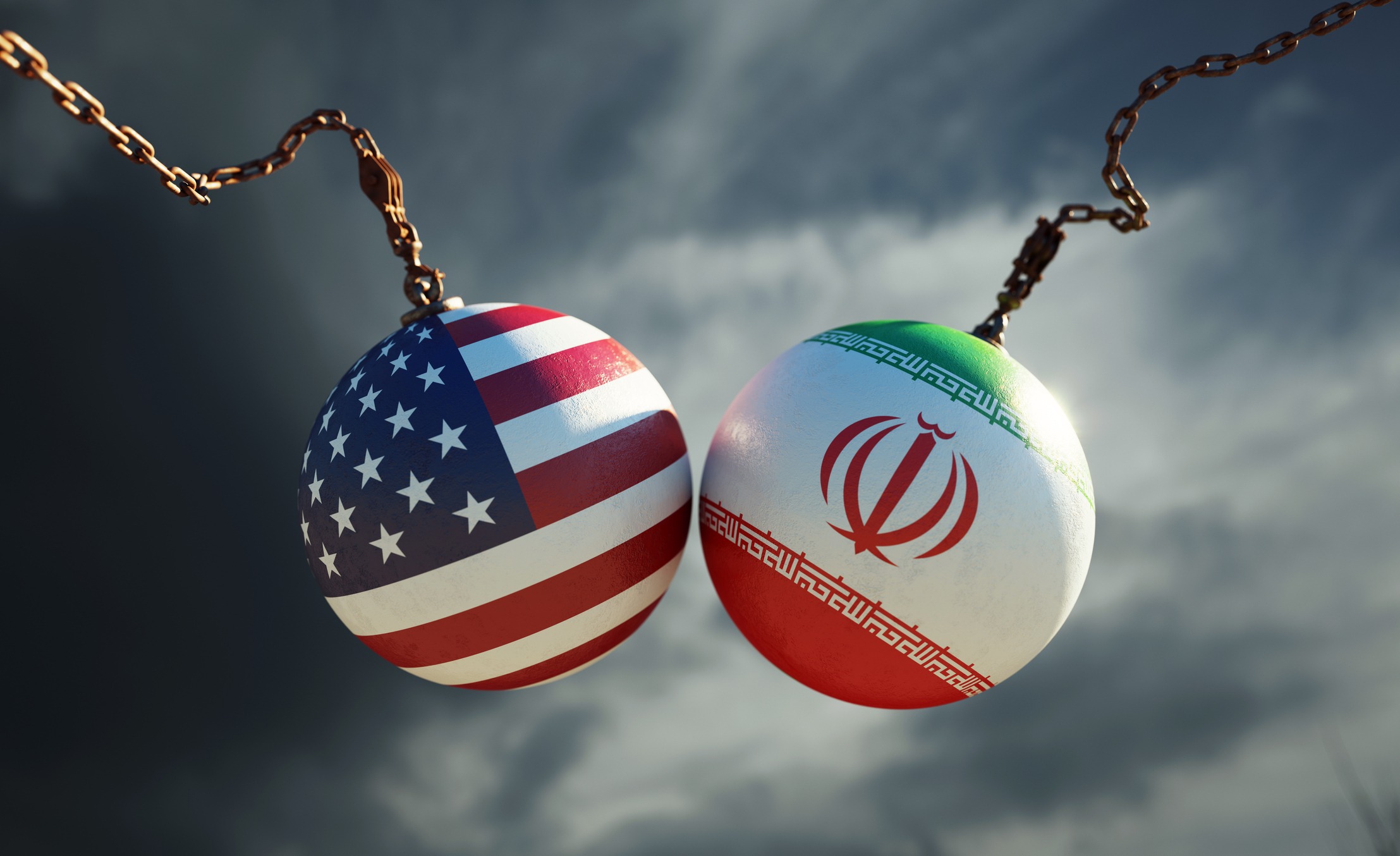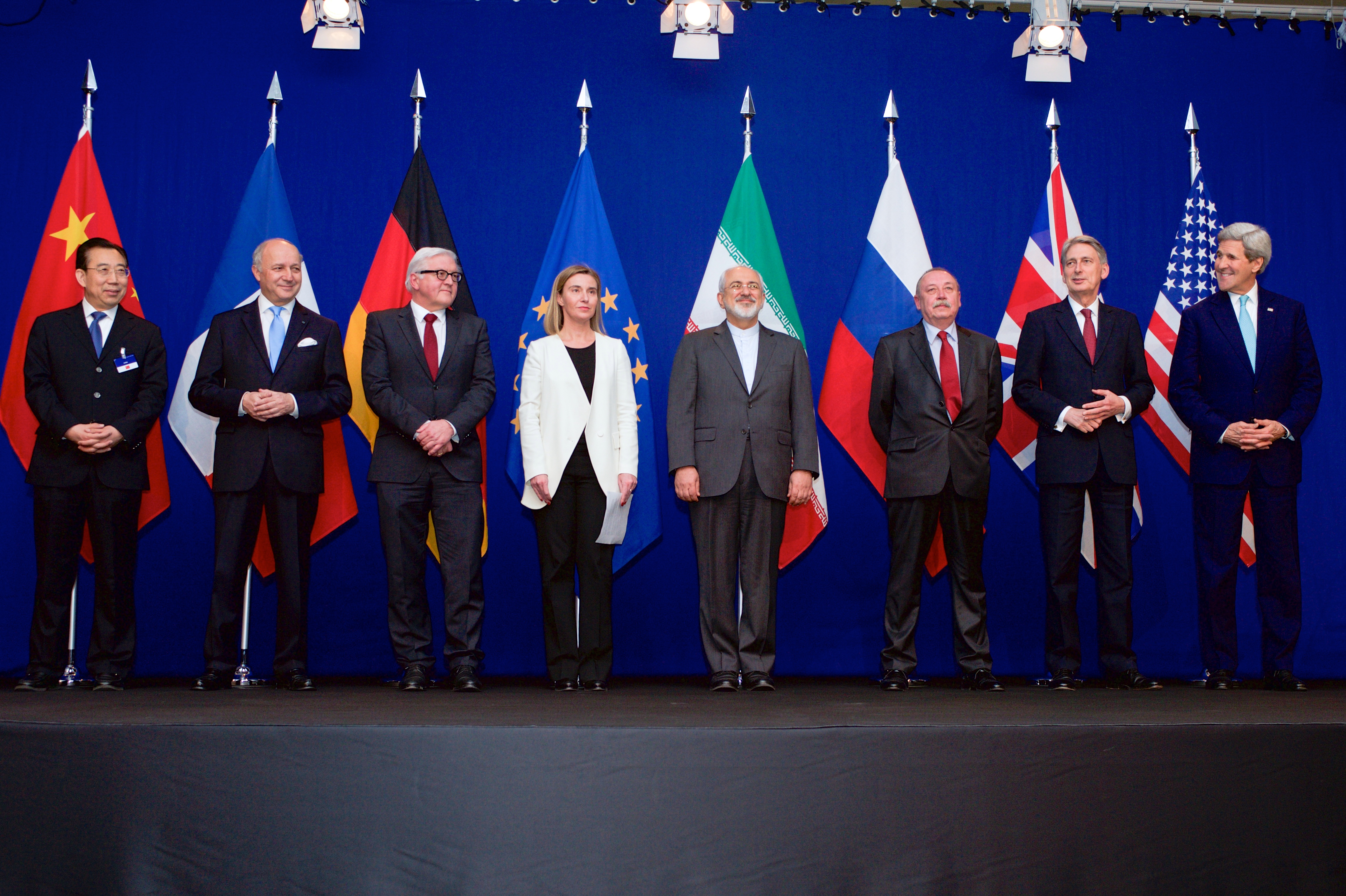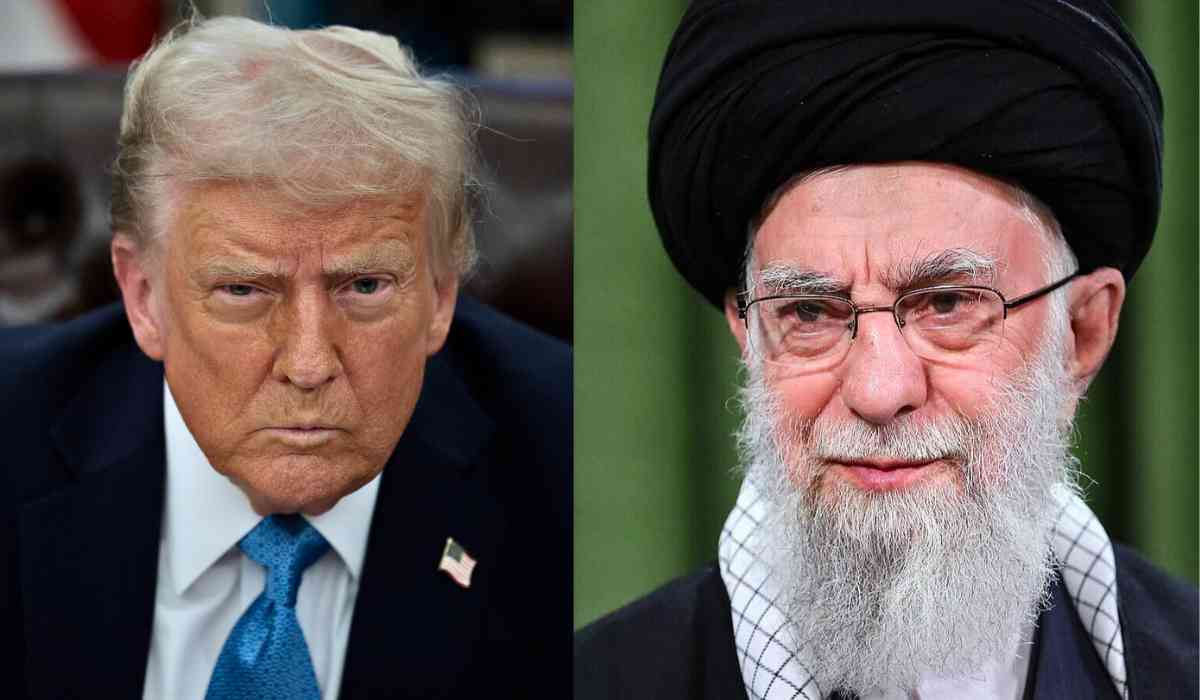In a significant development, U.S. President Donald Trump has announced that the United States will engage in direct talks with Iran regarding its nuclear program. This move comes with a stern warning: if these talks fail, Iran will face severe consequences. The announcement marks a pivotal moment in the ongoing tensions between the two nations, which have been heightened since the U.S. withdrew from the 2015 Iran nuclear deal.

Background: The 2015 Nuclear Deal
The Joint Comprehensive Plan of Action (JCPOA), commonly known as the Iran nuclear deal, was signed in 2015 between Iran and several world powers, including the United States, the United Kingdom, France, Germany, China, and Russia. The agreement aimed to limit Iran's nuclear activities in exchange for relief from economic sanctions. However, in 2018, President Trump withdrew the U.S. from the deal, citing concerns over Iran's compliance and the deal's limitations. Since then, tensions have escalated, with Iran gradually increasing its uranium enrichment levels beyond the limits set by the JCPOA.
Trump's Warning and the Push for Talks
President Trump's recent statement emphasizes the importance of these direct talks, suggesting that reaching an agreement would be preferable to alternative actions. However, he also warned that if negotiations fail, Iran would face "great danger," implying potential military action or other severe consequences. This stance reflects a broader strategy of using diplomatic pressure while maintaining the option for more drastic measures if necessary.

Why Direct Talks Matter
Direct talks between the U.S. and Iran represent a significant shift in approach. Historically, negotiations have often been indirect or mediated by other countries. The decision to engage directly indicates a willingness to address issues head-on, which could potentially lead to more effective and lasting agreements. However, the success of these talks depends on several factors:
-
Trust and Goodwill: Building trust is crucial in any negotiation. Given the history of mistrust and the current tensions, establishing a foundation for constructive dialogue will be challenging.
-
Clear Objectives: Both parties must have clear, realistic objectives. For the U.S., preventing Iran from developing nuclear weapons is paramount. For Iran, lifting sanctions and ensuring its right to peaceful nuclear activities are key.
-
Flexibility: Both sides need to be flexible and willing to compromise. The U.S. might need to consider easing sanctions as part of a deal, while Iran may have to accept stricter limits on its nuclear program.
Iran's Response
Iran has been cautious about engaging in direct talks with the U.S., especially under the current "maximum pressure" campaign, which includes significant economic sanctions. Iranian officials have expressed a preference for indirect negotiations, citing past experiences and ongoing military threats. The Iranian Supreme Leader, Ayatollah Ali Khamenei, has denounced U.S. tactics as "bullying," emphasizing that Iran will not accept demands that undermine its sovereignty.
International Support
Israeli Prime Minister Benjamin Netanyahu has expressed support for Trump's diplomatic efforts, emphasizing the shared goal of preventing Iran from acquiring nuclear weapons. Netanyahu has suggested that a deal similar to Libya's 2003 agreement with the international community could be a model for resolving the situation peacefully.
Implications and Future Directions
The outcome of these talks will have significant implications for regional stability and global security. A successful agreement could ease tensions and pave the way for broader diplomatic engagement between the U.S. and Iran. Conversely, failure could lead to increased military tensions and further destabilization of the Middle East.

The Path Forward
For these talks to succeed, both parties must approach them with a genuine willingness to compromise and find mutually acceptable solutions. The international community, particularly European nations that remain committed to the JCPOA, could play a crucial role in facilitating these negotiations by offering support and incentives for cooperation.
In conclusion, while the push for direct talks between the U.S. and Iran presents an opportunity for resolving the nuclear standoff, it also comes with significant challenges. The path forward will require careful diplomacy, flexibility, and a commitment to finding peaceful solutions that address the concerns of all parties involved.
With inputs from agencies
Image Source: Multiple agencies
© Copyright 2025. All Rights Reserved Powered by Vygr Media.


























